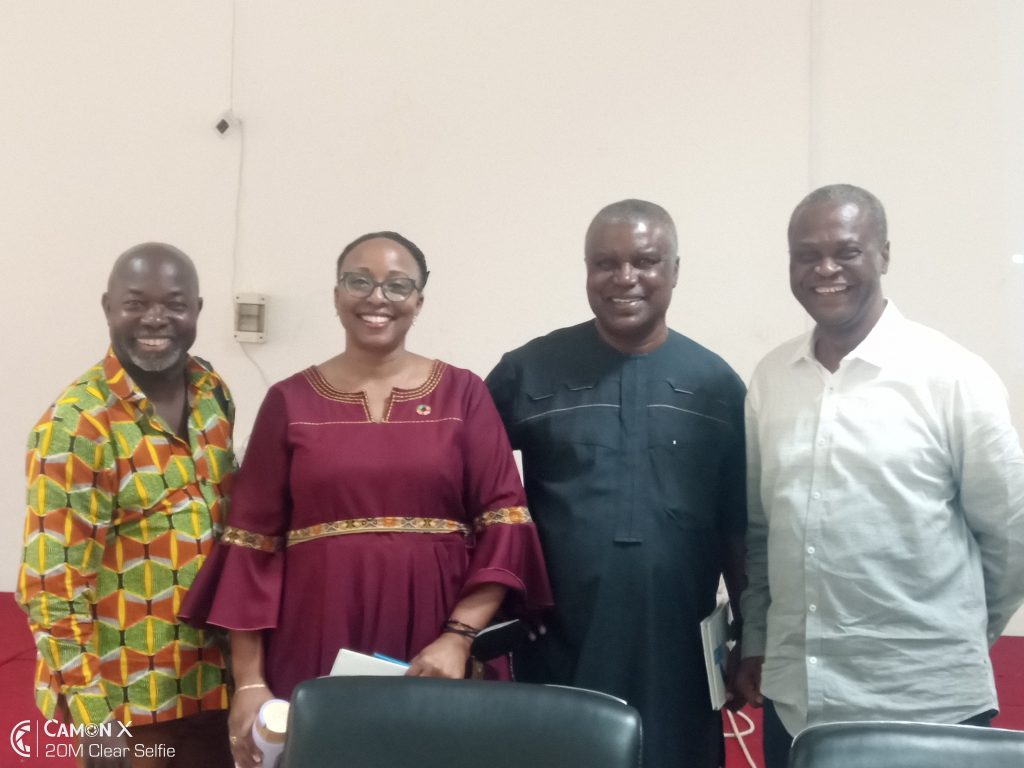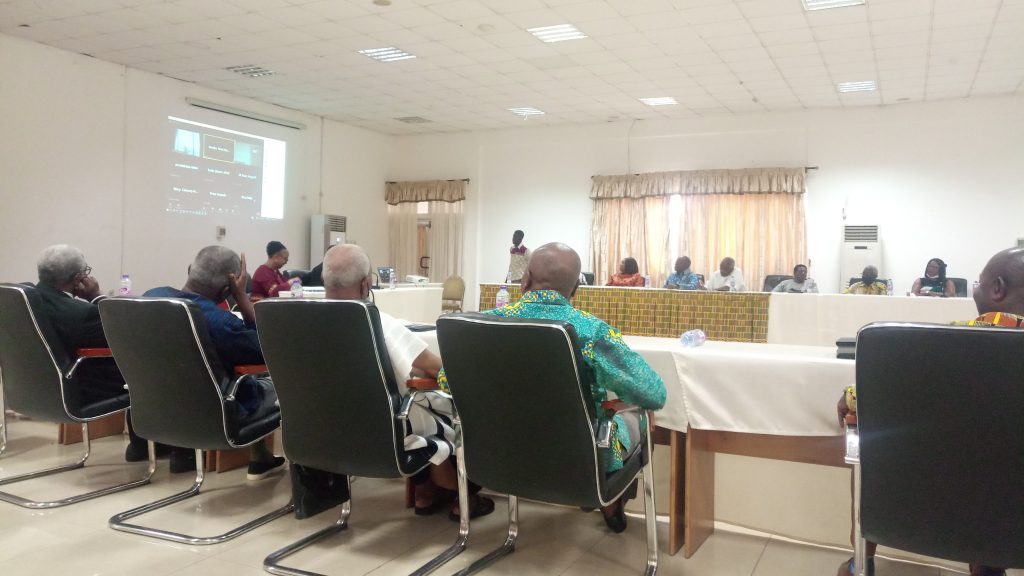By Iddi Yire
Accra, Aug. 19, GNA – Dr Angela Lusigi, the United Nations Development Programme (UNDP) Resident Representative in Ghana, has called for the empowerment of Metropolitan, Municipal and District Assemblies (MMDAs) to create more jobs for the people.
She said the local governance institutions were a key pillar in unlocking job creation opportunities in local economies.
“The local economic opportunities are often overlooked by investors as they are too difficult to access and local authorities often lack the resources to broker investment and support local entrepreneurs,” Dr Lusigi said in a presentation at the meeting of the Ghana Association of Former International Civil Servants (GAFICS) in Accra.
“There is, therefore, the need to support mechanisms for local governments to explore, design and establish mechanisms to resource their local mandates, including models to leverage local resources,” she said.

The event, which took place at the Ghana Institute of Management and Public Administration on the theme “The Economic Governance, Peace and Security Nexus”, was attended by members of the association.
In attendance also were Professor Samuel Kwaku Bonsu, Rector, GIMPA, Dr Augustina Akonnor, Dean of Students, GIMPA and Prof Kingsley S. Agomor, Head, Department of Governance and Leadership, School of Public Service and Governance, GIMPA.
Speaking on the topic “Unlocking the Economy, Governance and Peace Nexus in Ghana; A road less travelled”, Dr Lusigi said, “joblessness is a key pain point for youth and people across Ghana.”
She said the UNDP was working with partners to address this challenge by raising the level of ambition, adding that the approach to joblessness using a future lens helps to provide fresh and deeper perspectives on how to address the challenge on a bigger scale.
She said employing an integrated systems approach to the journey identifies the importance of reframing the problem of jobs and focusing on four focus areas to unlock this challenge.
Touching on establishing the future value of work, she said people’s perspectives played an important role in how society engaged with the labour market.
The Resident Representative said that currently work was dominantly associated with making money and perceived less in its function to increase social cohesion as it lacked a superordinate, long-term vision as a reference point.
“Through our National Human Development Report and Dialogues, we aim to unlock new conversations that broaden the current value concepts to signal that work is beyond earnings, it is about human dignity, social cohesion and security,” Dr Lusigi said.
“It is about integrating the African traditional perspectives that saw work as individual worth and dignity.”
On enhancing a transition out of informality, she said micro and small businesses were the backbones of national and local economies.
She said these enterprises had the potential to create more jobs, pay taxes, and induce opportunities and development at the local level.

Dr Lusigi said the value cycle was dependent on an increasing level of business formalization and access to business development services; however, there was a current trade-off for businesses that prevented formalization and growth, and many remain economically unattractive with limited access to available opportunities.
She said addressing these barriers to small and micro businesses’ growth through creating new incentives to minimize the cost and regulatory burden of formalizing businesses would help to create conditions for their transformation.
She said the social exclusion of people with disabilities, women and other stigmatized groups hindered access to dignified work opportunities and increased the risk of social discontent.
Mr Kwaku Osei Bonsu, President of GAFICS, said the association constitutes a pool of Ghanaians who served with the United Nations (UN) and its specialized agencies, the World Bank, the International Monetary Fund (IMF), the African Development Bank, as well as other reputable international organisations.
He noted that one of the primary aims of GAFICS was to give back to society.
GNA